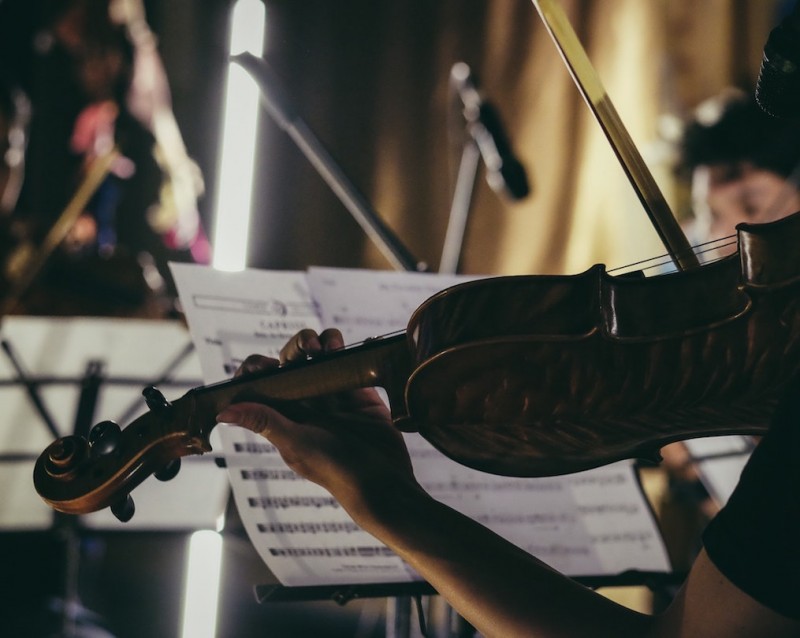The Rhythm for Reading blog
7 Reasons why goal-setting matters more than you might think
1 September 2020
Mastering a musical instrument takes years of dedication. A music teacher who has already spent a lifetime on this journey, is the guide along the way and travels the path to mastery with every student. She knows exactly where each student is in terms of making progress and can describe in great detail what is happening in the music lessons.
Given that the music teacher offers a path to mastery and has lived that path every day for decades- why would goal-setting really matter?
Here are seven reasons why:
1. Goal-setting renews the relationship between the teacher and student. This is a life-affirming conversation in which the teacher can welcome each student back after a break and say to them, “I believe in you…I know you can do this”. Goal-setting offers the most uplifting start to the new term and can inspire a fresh new wave of commitment to making music with passion and vitality.
2. Goal-setting can alleviate stress. If I was a teenager right now, I would be feeling very sad without my musical ensembles - I adored being immersed in music with my friends and we had so much fun during the summer. Our students are likely to be suffering the loss of their musical ensembles and missing the buzz of group music-making. Organising remote concerts on a weekly basis as an important part of goal-setting will offset musical isolation.
3. Goal-setting clarifies the context. September is always a month of change. Perhaps your student has a new school, new travel arrangements, new responsibilities, or new musical or sports opportunities. With the excitement of a fresh new start, there will also be a demanding process of transition to consider. Settling into a new school takes at least six months - relationships with teachers and friends need to be built gradually over time. Being aware of your student’s challenges and opportunities this September clarifies what’s possible. This matters because it’s essential that goals are realistic and can be reached.
4. Goal-setting sets the tone for the term. Aspirational students like to set up a new routine at the begin of the school year. When and where have they scheduled their music practice? Whether your students are aspirational or not, a goal-setting conversation is the perfect way to guide them in choosing the best possible time for music practice. Take care to cultivate their ownership of this process, but also to protect them from feeling overwhelmed or sliding towards perfectionism.
5. Goal-setting warmly embraces parental expectations. This conversation allows the teacher to share with the parent a timely segment of their over-arching vision for the student. Each goal is anchored to the teacher’s expertise - and here’s a gentle reminder that this expertise often has a lineage reaching back through generations of dedicated teachers. Parents want to be informed and guided by an expert teacher; confidence in goal-setting allows a music teacher to demonstrate that their expertise is grounded within an organised and methodical system.
6. Goal-setting helps to align our teaching practice with our musical purpose. Stephen Covey is know for recommending that we ‘Begin with the end in mind’ - this is the second habit from his book, ‘The 7 habits of highly effective people’. This phrase applies to goal-setting. All the goals we set for music-making lead us to the very centre of our musical aims - our ‘why’ - our inspiration. It might be the memory of attending a special performance, a vision for playing with ultimate freedom of expression, or simply to feel the sublime expansion of pure creativity. The ‘why’ is our purpose. It inspires our musical values. These influence the way that we teach by guiding our decisions, our priorities and our aspirations for all our students.
7. Goal-setting strengthens the musical landscape at grassroots level. Since our musical world contracted in 2020, with socially-distanced concerts at the tip of a rapidly melting iceberg, the role that music teachers now play in cultivating the next generation of performers and audiences is of huge importance. We are responsible for ‘holding space’ for music and musicians. We are helping to sustain vibrant music making in our students’ homes, as well as lighting up musical horizons in every community through the transformational power of our teaching. We are not on our own. Music examination boards such as ABRSM are still supporting music teachers by offering practical and theory exams during the pandemic.
I hope these ideas about goal-setting offer some encouragement as we continue remote and socially-distanced teaching. If this post has resonated and you would like to explore these ideas a little further, I’ve created a three short videos about setting-goals. Click here for the videos and to leave a comment or ask a question click here .
